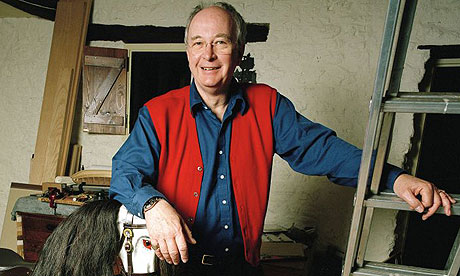I have to admit that I also have a surprising belief. I call myself a "Christian", but am actually a sort of non-believer in "Christianity" and an actual believer in "Christ". Does that make me a "non-Christian" believer in the divinity of Christ, I wonder?
As a "non-Christian believer in Christ" I have long suspected that many "Christians" or "pew warmers" are actually secret atheists, so to have a means by which they can "come out" is a good thing, I suppose. After having dumped their pretence at belief in God, they then may also dump their "Christianity" (all the rules, regulations, sectarianism and guilt along with the cultural trappings and psychgology) in the hope they will then come round to seeing what it is all really supposed to be about.
What I am really saying is that my view is probably the opposite of what is being presented here. What has grown up in the centuries after the death (and after the other thing, dare I say it) of Jesus is not so much a "mythologising" of the supernatural, but the very opposite - an attempt to subsume the reality under the religious. That's why people like me get just a wee bit piddled off when we are categorised with "religious" people when attacked by atheists.
It would be really great to see "Christians" coming out and admitting that they were unbelievers (like the Pope, perhaps?), so at least they are the ones who would take all the flak for being religious, and leave the rest of us in peace.
As a starter for ten, I would suggest that the resurrection (the "other thing"!) is very much a piece of mythology, crafted after the death of Jesus the man. Jesus the man was not the Christ, but what arose from the story, and indeed what is perhaps a foundational point in Christian Atheism, is that "Christ" is something *we* create - a concept of a dynamic change for the better. Sometimes change is hard to achieve - we have to go through some difficulties to reach our goal - the "suffering". At least that is one way of looking at it.
But this concept of "Christ" implies radical transformation - a conscious placing of others before ourselves. Yes, I appreciate there is a disconnect here with the real historical Jesus (particularly his inexcusable behaviour in the temple, when he actually resorted to violence), but there are lessons we can learn. "Christ" as a real messiah is an incoherent concept; Christ as a concept we can attach ideal standards to is eminently more serviceable - even if (or perhaps precisely because) it is a myth.
Thanks again for your comment, Anonymous - please stick around and feel free to comment more!
